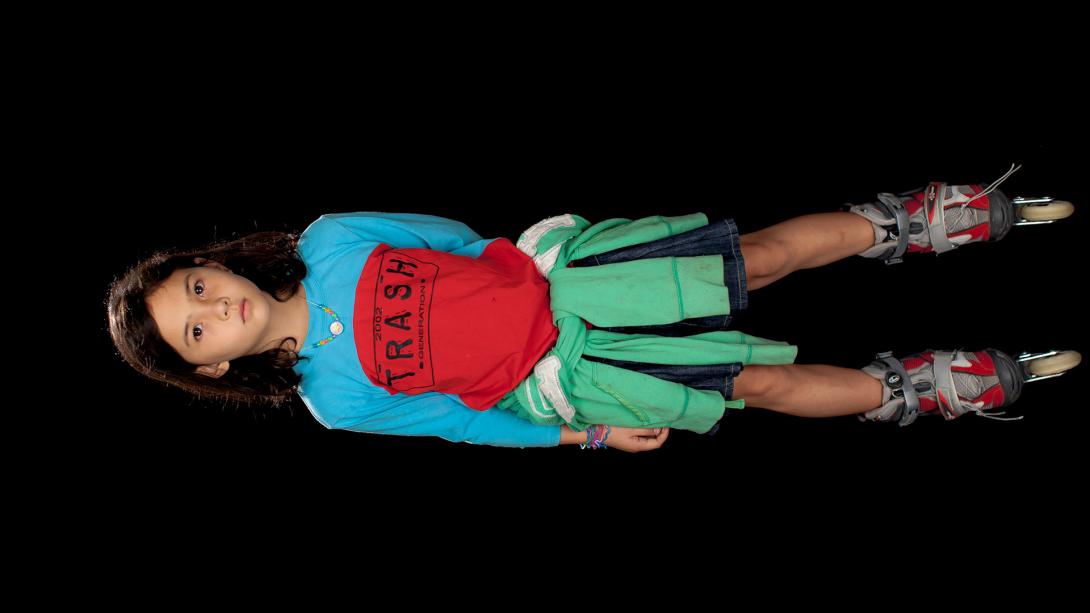Nguyễn Trinh Thi
APT9
Born 1973 Hanoi, Vietnam
Lives and works in Hanoi, Vietnam
Nguyễn Trinh Thi juxtaposes nonfiction perspectives with popular movies, found photographs, and her own footage to create thoughtful films investigating the ways people and place are represented through filmic media. She studied journalism, ethnographic film and international relations, and her editing process and acknowledgement of the artist’s position of power behind the lens give her films substantial depth and complexity. Nguyễn commenced filmmaking in 2005 and often addresses specific histories of Vietnam that are overlooked or misinterpreted. This has included a focus on the individuals from the Đạo Mẫu and Cham communities and techniques such as the creation of film ‘portraits’, which aim to return agency to the subject. Often addressing larger national and social issues, film helps her to understand and explore what she refers to as ‘the bigger picture, our lives and the relationship between things’.

Nguyễn Trinh Thi / Vietnam b.1973 / Fifth Cinema (still) 2018 / Colour video, sound, 57:00 minutes / © Nguyễn Trinh Thi / Photograph: Jamie Maxtone-Graham
Nguyễn Trinh Thi combines her own recorded film with found footage from news sources, documentaries and the internet to create works that address Vietnamese issues against a universal backdrop.
Fifth Cinema 2018 explores a subjective understanding of her own country. Through a film collage, she interrogates local, official histories, as well as external viewpoints on Vietnam, together with the wider ideals of women and men, the role of the artist in society, and the landscape as metaphor. The video proposes a homegrown authority for film derived from the artist's own culture — a Fourth Cinema — a concept first conceived by Māori filmmaker Barry Barclay in the 1990s. Nguyễn structures her work to explore how film can reclaim indigenous history and land from colonisation and Western influences. Arguably, Nguyễn's most overtly political work to date, the video resists a comprehensive history or narrative. According to the artist, the film is informed by ideas of:
. . . Fourth Cinema and indigeneity [that] function more on a metaphorical level, standing for the beauty and wisdom in the world that require respect. A metaphor for all things oppressed — women, minorities, the colonised.
Ultimately, Nguyễn Trinh Thi encourages us to reflect on the underlying factors that determine how we see our lives, our world and our realities.
